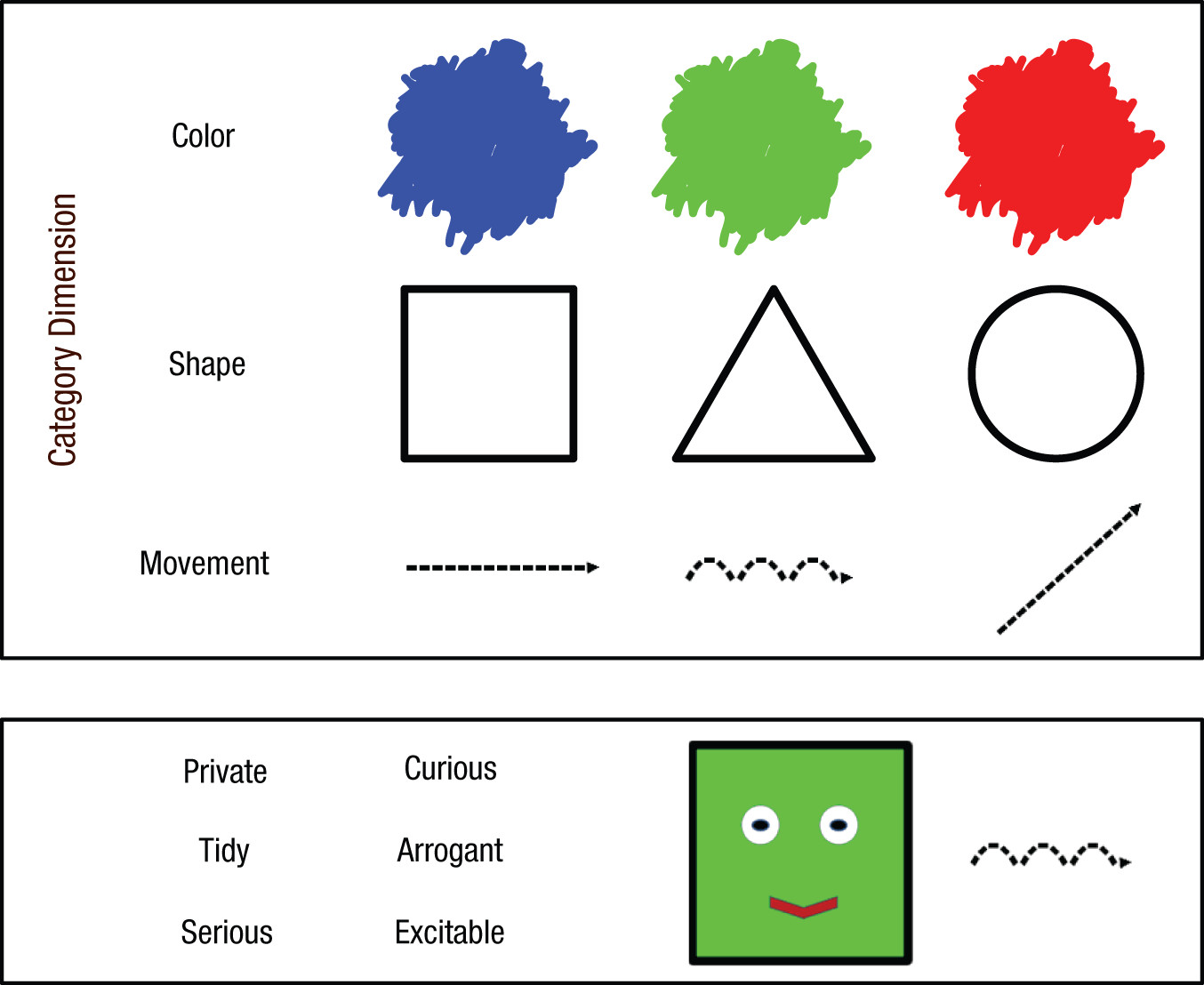
About the Journal
"The point is not the text, but the mind that made it". Cognitive philology is a peer-reviewed, open-access journal that aims to foster communication between literary, textual, philological disciplines on the one hand and researches across the whole range of the cognitive, evolutionary, ecological and human sciences on the other.
Current Issue
Vol. 17 (2024)


